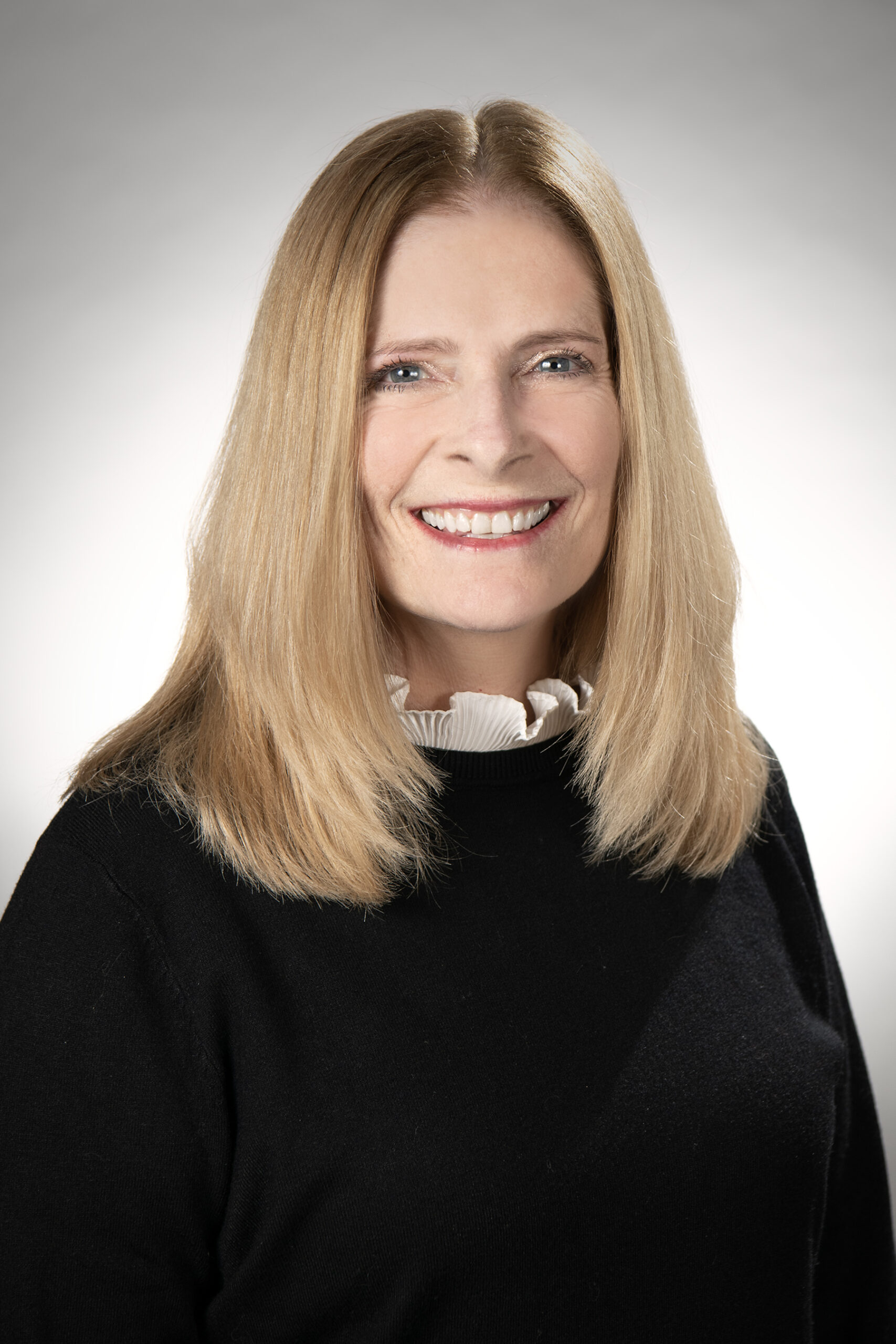Name: Diane (McDonnell) Pickles
Class Year: 1989
Title: Program Director, Project Singular
Organization Name: Additional Ventures
1. In one sentence, what does your job entail?
I lead a direct to participant genetic sequencing study of patients with single ventricle heart disease and their immediate family members to fuel research to find curative solutions for this rare, complex disease.
2. What planned and unplanned events connected you to your industry and your first employer after Holy Cross? How did you learn/decide it was a good fit for you?
My first job after college was in substance abuse prevention education which led me to tobacco control policy work. I worked on local policy change efforts for several years and then served as Executive Director of a statewide coalition that spearheaded the successful 2004 campaign to make all workplaces in Massachusetts smoke-free. From there, I moved to a policy advocacy consulting firm where I spent more than a decade working for non-profit organizations helping them advance their mission through policy change. My passion for advocacy was largely fueled by the unexpected and life-changing experience of having a child born with a rare, complex, life-threatening condition called Hypoplastic Left Heart Syndrome for which there are no curative treatments, only palliative interventions. I found it unacceptable that I could bring my sick child into a family restaurant and have someone light up a cigarette at the next table. Moreover, I had to learn how to be an advocate in so many ways, in so many places, and on so many issues – with the healthcare system, insurance companies, the school system, and employers. Having a sick child who required three open heart surgeries before the age of 2 and ongoing medical interventions also dramatically impacted my career choices in terms of when, where, and how I was able to work. I needed to take several years off from my career and then could only return part time. Even after I was able to return full-time, work was a challenging juggling act and required understanding and accommodating employers combined with a great deal of hard work and commitment. Throughout these years, I volunteered on several congenital heart disease initiatives because it felt essential to try to turn my family’s experience into something good for others. Approximately 4 years ago, I decided to make a radical career shift and move away from policy advocacy and into the field of cardiovascular research. For the past 2 years, I have been able to combine my personal passions with my professional skills and work for a nonprofit research foundation dedicated to finding treatments that will enable normal longevity and quality of life for patients with single ventricle heart disease like my son.
3. What were you involved in when you were on campus?
I was a Student Alcohol Advisor (I believe now called SWEET Peer Educators) for two years. I also worked off-campus at a Worcester law firm as a legal secretary.
4. What was your major and how did it affect your career decisions?
I was a Psychology major because I found it really interesting, but it honestly didn’t impact my career decisions (please don’t quote me to my parents or professors!). I really thought I would go to graduate school or law school, become a lawyer or a teacher or a child psychologist – but life had other plans. However, I do know that it provided me with a solid educational foundation for understanding human behavior and motivations, learning to problem solve effectively, and enjoying research and inquiry.
5. What are one or two skills that you developed at Holy Cross that you use in your work?
- Writing: I arrived at Holy Cross thinking I was a pretty good writer, but I had a lot to learn. It’s a skill I continue to hone, but I know it was strengthened tremendously at Holy Cross.
- Hard work and persistence: While this may not fit into the “skills” bucket, I believe this is one of the things I learned a great deal about while at Holy Cross. More than anything else, my drive to work hard and be persistent have enabled my successes in both my personal life and my professional life, giving me what I needed to overcome the most difficult challenges.
6. What advice do you have for students on campus today?
My father liked to say, “If you want to give God a good laugh, tell him your plans.” My life has not at all gone in the direction or along the path I envisioned, but I cannot imagine my career having progressed any differently. Each step of my career prepared me for the next, and I learned so much along the way. My advice is to dream big but don’t let your dreams prevent you from taking and learning all you can from where you are. You can’t necessarily plan what’s around the next corner, but if you dedicate yourself to what you’re doing right now, you will be prepared for the next opportunity. Work hard, be kind, and trust in yourself and your abilities.


